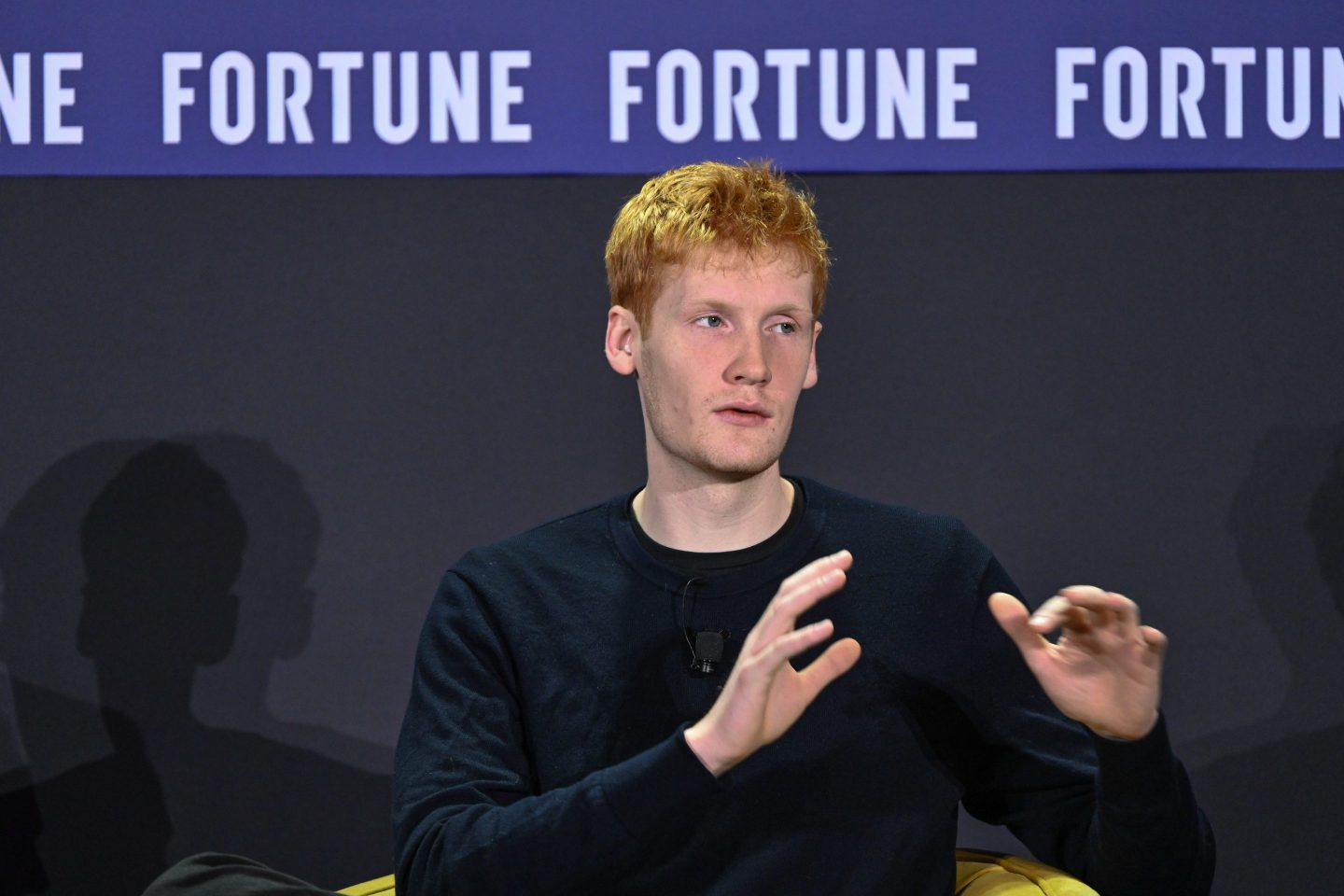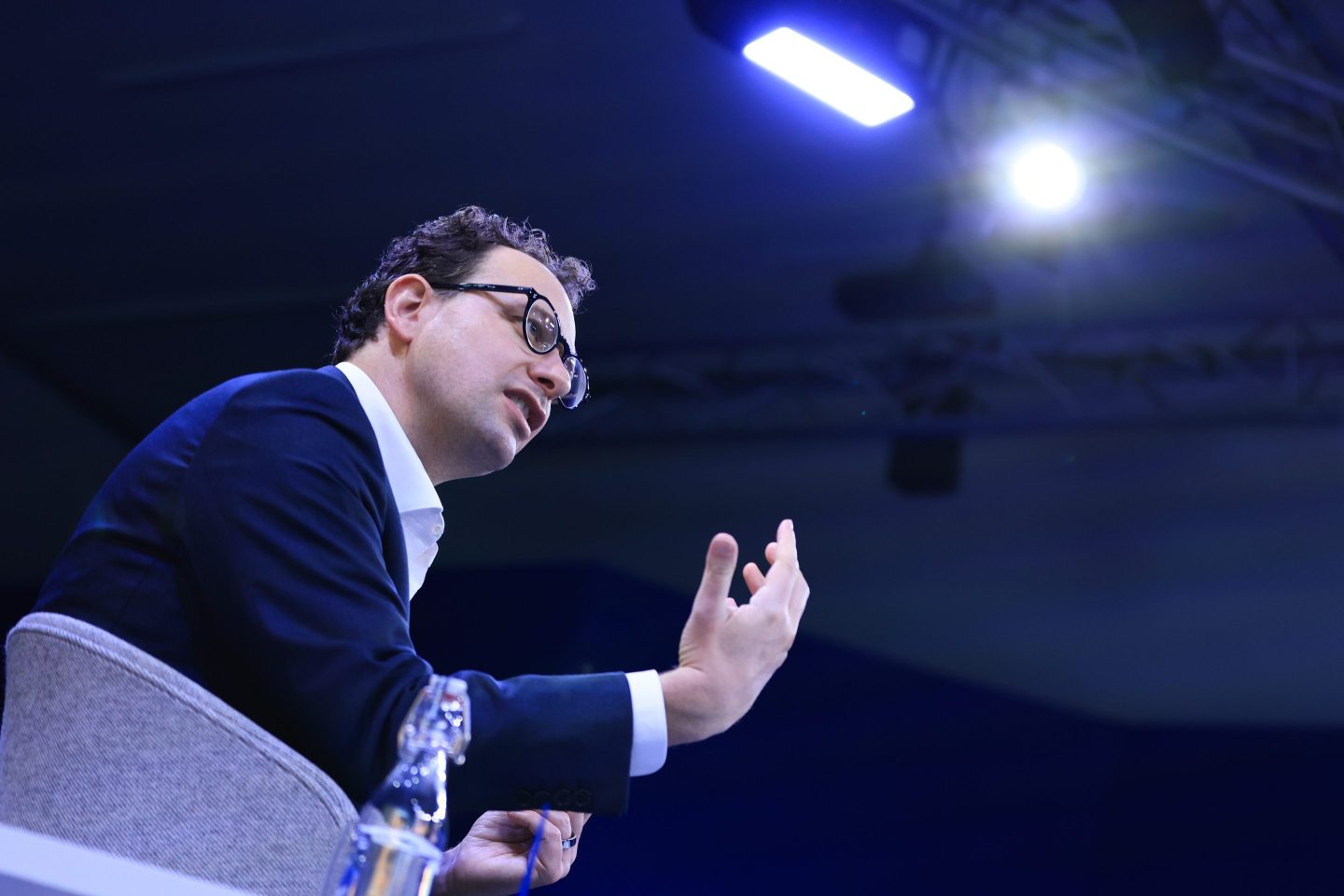Apple’s chief software engineer says he’s disappointed in the FBI.
Craig Federighi says that by asking Apple to create a backdoor into iPhones, the government would give hackers a huge advantage.
In an op-ed penned in the The Washington Post on Sunday, Federighi wrote that the help the government is asking for in the San Bernardino case would essentially roll back iPhone security to 2013 standards. And he argues that if it’s easier for the government to get in, it will be easier for everyone.
Federighi writes:
The FBI wants us to create a backdoor in the form of special software that bypasses passcode protections, intentionally creating a vulnerability that would let the government force its way into an iPhone. Once created, this software—which law enforcement has conceded it wants to apply to many iPhones—would become a weakness that hackers and criminals could use to wreak havoc on the privacy and personal safety of us all.
Get Data Sheet, Coins2Day’s technology newsletter.
The letter comes just as a federal judge in California prepares to hear arguments in the case that will decide whether the government can compel Apple (AAPL) to help tap into one of the San Bernardino shooters’ iPhone. Companies, civil liberties groups, and law enforcement groups are all choosing sides in the case, with big-name tech companies like Facebook (FB) and Google (GOOGL) lining up behind Apple, while others side with the federal government, arguing the company should be compelled to help find a way into the phone.
For more on Apple vs. The FBI, watch:
Federighi said what the FBI is asking for would not only put personal information stored on phones like credit cards and Social Security numbers at risk, but could threaten even larger infrastructures like power grids and transportation hubs. “Criminals and terrorists who want to infiltrate systems and disrupt sensitive networks may start their attacks through access to just one person’s smartphone,” Federighi said.
A hearing on the case is set for March 22 in California.












